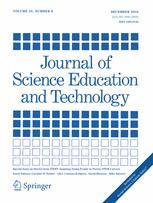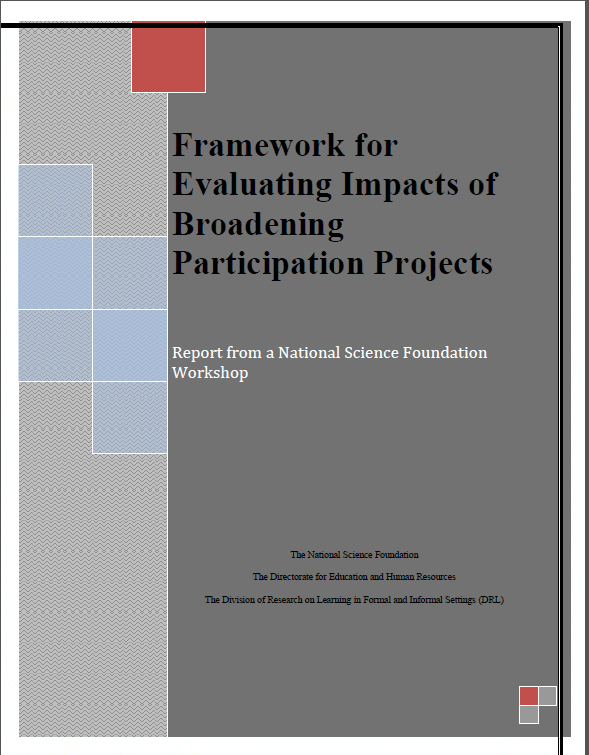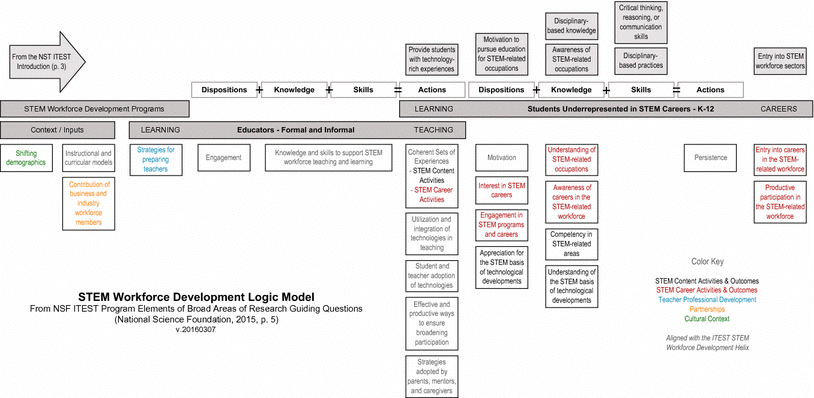Journal of Science Education and Technology Special Issue - Stories from ITEST: Inspiring Young People to Pursue STEM Careers
Publication
The ITEST program has enabled creativity, experimentation, and cultural responsiveness in STEM education and workforce development and broadened participation in STEM initiatives to Native American communities, underresourced urban communities, girls, and populations underrepresented in STEM fields. By approaching research and evaluation with flexibility and resourcefulness, the authors provide empirical evidence for the value of innovative approaches to STEM education that promote STEM interest and career-related outcomes and that build the foundational skills of the scientific and engineering workforce of the future.

